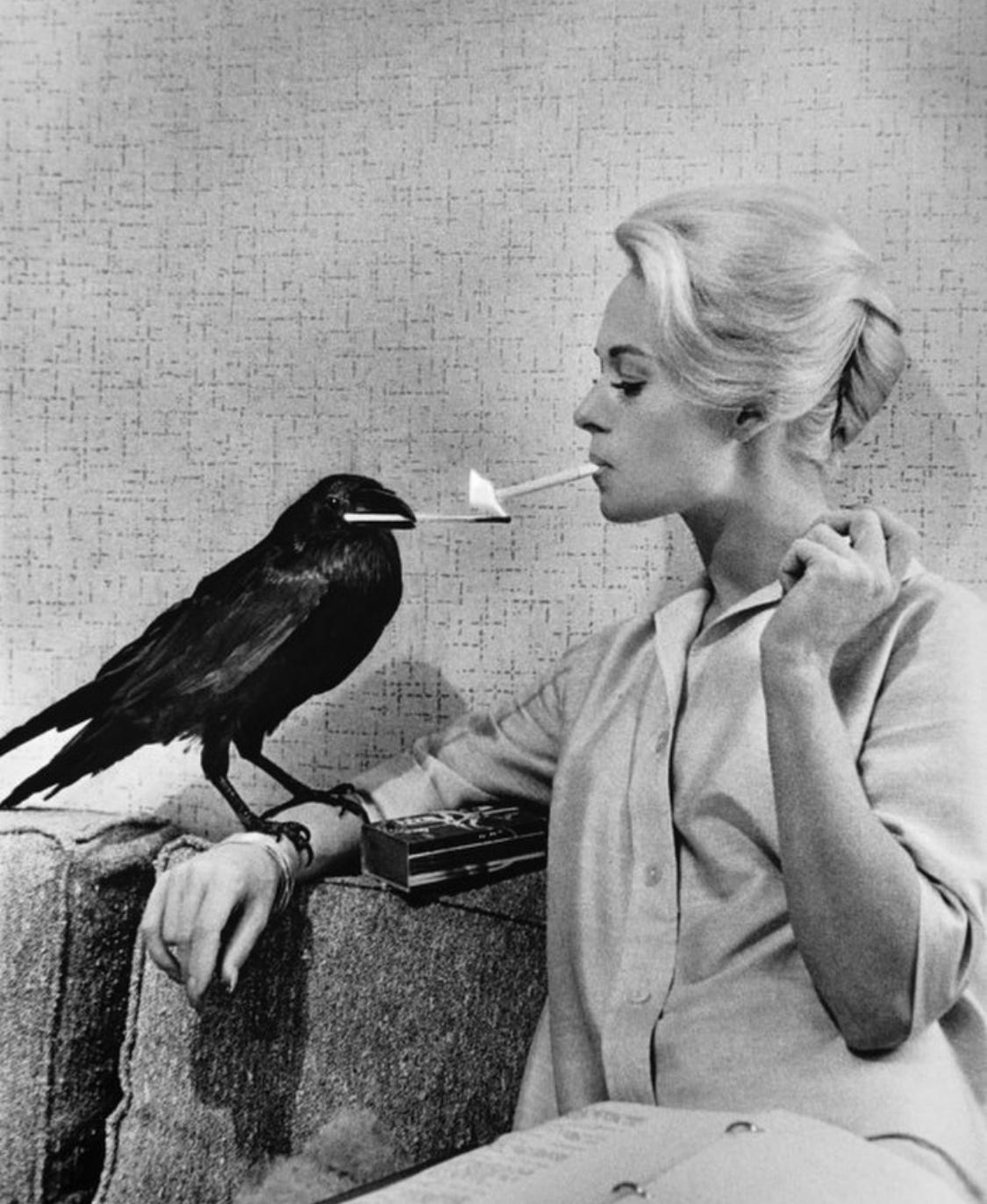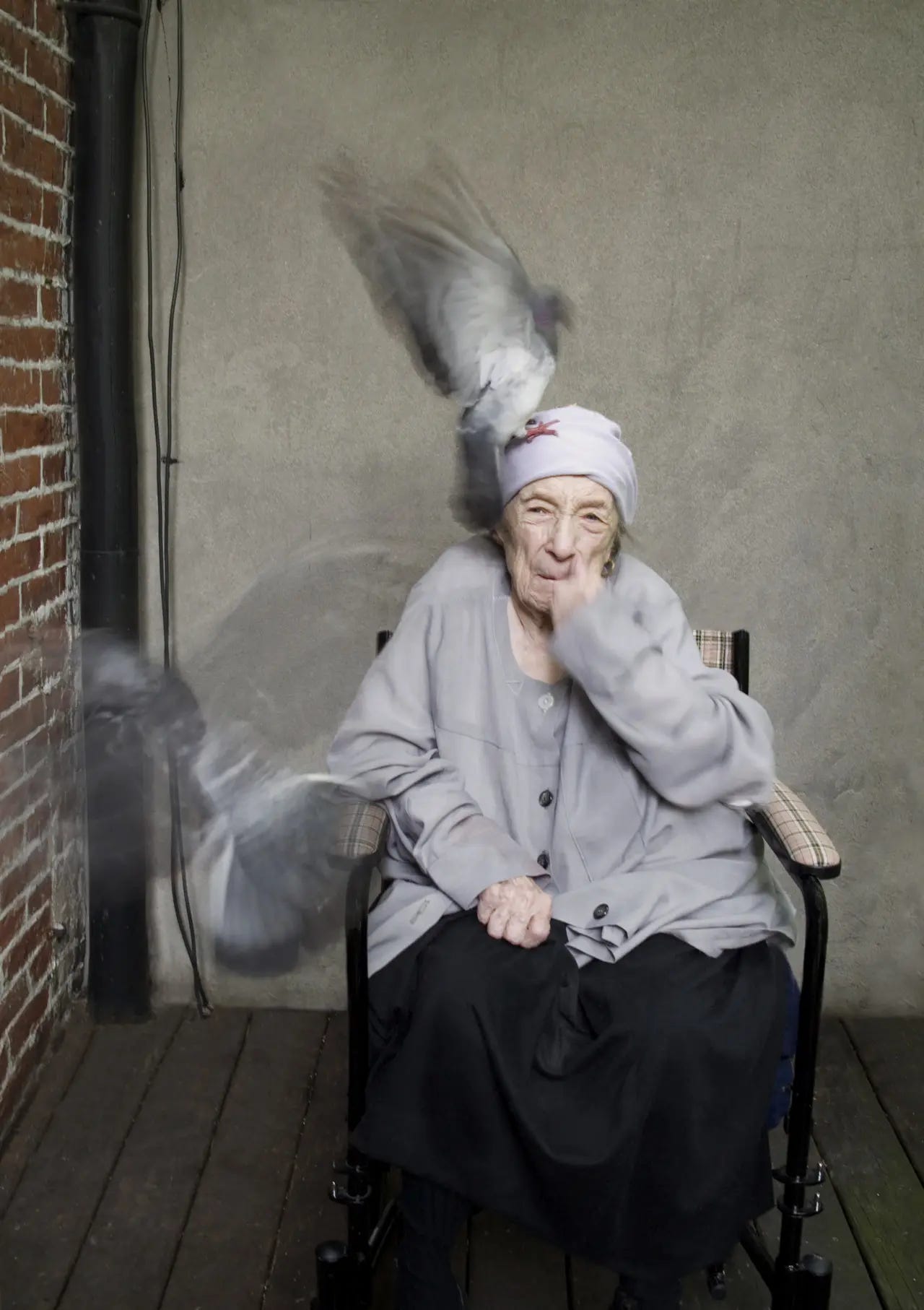
HEY YOU! MY ONCE-A-YEAR SUBSCRIPTION SALE ENDS THIS WEEK. Get 20% off an annual subscription (that’s $48/year instead of $60 AND 33% cheaper than subscribing monthly)! The latest on updates to HONEY STAY SUPER and an opportunity to chime in with requests and suggestions plus how to book a 1-on-1 video call with me can be found here.
Rebranding the empty nest
Last week I came across an article in The Atlantic that caught my eye, “Abandon the Empty Nest. Instead, Try the Open Door.” by Gretchen Rubin. I’ve never liked the phrase “empty nest” and if I had thought about it for more than two minutes I’d understand why. It’s centered on loss, obviously. It’s about who’s missing and what you’ve been left with. It isn’t about you at all, the person (or people) who did all the raising.
But I’m not sure replacing it with “open door” does it for me either. Maybe because both phrases continue to center on children (understandable) and imply one fixed permanent home, where a family returns and reunites over and over again. One nest, one family, the same door. Rubin wisely caveats the empty nest experience in general, because like so much about parenting or just being alive, no two experiences can possibly be the same. Not everyone gets to go on some kind of vision quest simply because their kid turned 18:
“Any reference to the open door or empty nest is, of course, an oversimplification of a transition that people encounter in wildly different ways. Some parents will never experience the open door because their child will remain dependent on them forever. Some might be unable to take advantage of this period because of financial limitations or health problems. And some might trade the responsibilities of parenthood for grandparenthood, or become caregivers for older relatives, without a break.”
Interestingly, this caveat misses divorced parents completely who, let’s face it, have quite different experiences of this phase too. For starters, there isn’t just one nest to empty and through remarriage and new partners one parent can have an empty nest and the other not so much. Even so, I find myself asking who or what the focus should be in this parental rebranding.
The patriarchal influence on language is relentless. And although the empty nest is about both parents (or all parents, co-parents, caregivers) in theory, the negative focus and bias rests with the mother. Because what on earth will she do with herself if she isn’t continuously tending to her (now giant, grown) chicks? At least an open door resolves that to a great degree.
I do love a “this language sucks and here’s why this might be better” discourse. Hopefully what I’m doing here is expanding that conversation. As Rubin herself says:
Words matter; they have the power to shape our expectations, to shift the way we see and how we act. Practice piano or play piano? Spend time or invest time? Office politics or office diplomacy? Empty nest or …?
The thing is, sure, empty nest implies loss. But open door? That implies porousness and what I have to say to that is no thank you.
I have never in my life been a fan of the pop-in, the drop-by, or the swing through and my own flesh and blood are no exception. That aside, an open door is somehow worse than an empty nest because at least an empty nest is empty. An open door recenters (grown) children as having continuous access to their parents. I don’t know about you, but I think handing over a couple decades is plenty. What we need is a word or phrase that focuses on letting go with intention and love, which is different than just not caring or refusing to be available when needed. We already have a word for that, and that’s abandonment. Or selfishness.
We’ve become quite bad at letting go of our children, because we see them as investments instead of as human beings. Investments of our time and our money, our ambitions and our hard-fought battles. Our children are the altars that we choose to sacrifice our dreams and our marriages and definitely our youth on. So if they leave us behind, can we say it was all worth it? If we come from a place of deficit we won’t ever have to find out, because we’ll never leave them alone long enough to find out. Staying focused on one’s children, no matter their age, is also a perfectly societally-approved way to avoid examining your own life and changing it. So, let’s not forget about that part either.
I don’t want to dismiss or make light of anyone’s grief. The grief is real. It’s hard to let go, especially when we’ve raised people we not only love deeply but like a whole lot too. I don’t think there’s a greater feeling of satisfaction than creating another adult you’re not only curious about but also genuinely enjoy spending time with. But the task here is to not bob around in their foamy wake on an inner tube shouting “WHEN WILL YOU BE HOME” or “SEEING ANYONE SPECIAL” or “DON’T YOU MISS ME???”. The task here is to live your own life, which requires examining it and determining what it should be about now, because there is absolutely no going back.
I’m proposing that a suitable substitute for empty nest is simple. It’s freedom. Before marriage, before children, I was free. Maybe I didn’t always like it, freedom comes with its own challenges too, but I was without a doubt free. Free to plan every minute of the day when I wasn’t working, free to blow half a day in thrift shops or driving around aimlessly with my dog, free to make terrible dating mistakes and not (usually) be crushed by them, free to browse bookstores and sleep in and plan trips when I had the money. Free to fuck off with my friends doing super dumb stuff and boy, wasn’t it just the goddamn best. Free to imagine what I might do next and wonder where I would end up in life and guess what, all of that newly applies to my life now too.
I was in a shop yesterday and got into a wide ranging conversation with the woman who worked there. She is 63. We made enough asides to each other about moving, grown kids, and divorce to sense we were kindred spirits. Whether we were talking about moving multiple times, traveling, grown kids being all over the country and world, we both used the words “free” and “freedom” often.
I know one of the reasons why this transition to this new phase of life has been easier for me. If you’ve experienced 50-50 shared custody for any length of time (mine was only two years), you’ve already experienced this phase with training wheels on. In smaller doses, you’ve already processed the eery quiet, the favorite items missing from the grocery list, the physical absence, the wide open swaths of time which sound great when you’re partnered with children but can be lonely, terrifying, or just plain weird when none of those creatures are around you anymore. Essentially you’ve already been through the physical and aural shock, and now you (hopefully) have your own life. Because you have had to figure it out.

I have said often that I think it’s a grave mistake to wait until your young adult child leaves for college (or a gap year or wherever) to separate or get a divorce. And I don’t have too many strong opinions when it comes to strangers’ marriages or how anyone handles them. If you’ve been married or divorced or partnered in any way, you’ve hopefully learned that not only do you not know what’s going on in other people’s relationships, but you often don’t even know what’s going on in your own. But this? This opinion I will defend to the death.
The leap into young adulthood is exponentially harder now than it was for most of us, and I wouldn’t say it was exactly easy back then either. Trying to handle the dissolution of the most influential and formative partnership in a child’s life is best midwifed with physical proximity and availability, surrounded by their lifelong friends and real world social networks, and hopefully with therapeutic resources that you’re still in charge of scheduling, knowing that those appointments are actually happening. Once kids are grown, gone, and out of your house, the task of basic communication becomes challenging and even when life is smooth sailing they can become so much more inscrutable. So if you’re thinking of pulling one of these, ask yourself who you’re actually making things easier for. Because it’s probably you.
Divorce aside, what this article gets exactly right is this:
Americans today live significantly longer than they did several decades ago, which means the quality of this period of life is incredibly important. If I reach the age of my still-active parents, I’ll be in the open-door phase for longer than I was a child living in their home, longer than I was a child-free young adult, and longer than I was a parent raising children—a huge chunk of my existence. But although many people in their youth imagine the experience of someday leaving home, going to college, or raising children, a remarkable number arrive at the open-door moment having given it little thought. “I have four sons,” an acquaintance told me. “It took so much effort to get them all launched, I never thought about myself, except to think that it would be a relief to be done. Now I feel adrift.”
It’s beyond time for all parents, but especially mothers, to start thinking ahead. Mothers, far more than fathers, are encouraged to shape their entire selves and their existence around their children and their role as mothers. In fact we get extra pats on the head for sacrificing our own dreams, desires, and ambitions—the juice of our lives, essentially—for our children and if you don’t believe me I invite you to tip toe through any obituary page in any paper anywhere in this country and see what’s said about the mothers and grandmothers and great grandmothers now dead. The widowers and children and grandchildren who write these supposed tributes think they’re honoring these women, but instead I feel deeply sad for strangers whose entire lives were cast in relation to those they served and sacrificed for, instead of for the fully realized people they could’ve been.
It’s important to underline that this phase—empty nest or open door or freedom—isn’t actually a phase. It’s the rest of your life. And it doesn’t need to be about loss, unless you decide it should be. Language and framing matter.
As we grew into ourselves we were told via language and implication that, just like our eggs, we’d have the most of everything we’d ever have while we were young. Dreams, goals, partners, children, fertility, all our marbles. Every year it’ll be diminishing returns so you might as well get used to it and you better start feeling sad about it, pronto. And this is where I say: Bullshit. If that’s truly the case, then why is it that post-menopause and post-raising children (and for some post-marriage too), the word one hears most often from women is free?
Motherhood has been the most world-exploding, creative and joyful, connected and crushing, most meaningful and self-de-centering thing I’ve ever done in my life. It’s been an exponential emotional growth machine. And yet. I have done my time. I want my kids to live the lives they want to live, not the ones I want them to live for me. It doesn’t matter to me if they’re partnered or have children (and if they don’t I promise not to broadcast it in The New York Times JFC 💀). I will always be here to be their life consultant, and (hopefully) not their micromanager (although I will admit, old habits die hard). I will always love them beyond all reason, since of course love and reason don’t have much to do with each other. This will be true no matter where they are or where I am. This will be true even when we’re far apart. Especially, especially then.
This still-new freedom of mine is one where I’m able to not just see myself in full but begin to make plans rooted in that endless open-horizon. I’m no longer (and never was) “just” a mother but now I can dedicate myself to being a fully-formed and fulfilled creature. A person who has lived an entire life already and if it ended tomorrow I’d be happy and grateful, but still would love to give another few decades a generous spin. A person who can eat ice cream for dinner, sunbathe naked, do exactly zero laundry or run exactly zero errands if I’m not in the mood for either, while giving precisely zero poos. A person who can watch six straight episodes of The Secret Lives of Mormon Housewives without shame like I did last Saturday afternoon even though it made me want to bash my own head in with a brick. In short, a person who can just be a person, unobserved, unencumbered, and completely uncommented on.
It is a gift, actually, to be unobserved. You cannot exist as a girl and later as a woman and be unobserved, unmonitored, unjudged. It starts when we’re young and although older women complain (or crow about) being invisible, women are absolutely always observed. We are always on the radar in ways that boys and men are not.
I didn’t realize how intense my desire for freedom and (temporary) invisibility were until I spontaneously decided to leave my dog at the kennel an extra night after returning from a trip. My kids weren’t home, of course, one in Wisconsin and one in Bali. I slept in. I didn’t have to drag my ass out for a rough bleary walk around in the morning. I spent more time writing, uninterrupted, than I had in ages. And when I closed my laptop—a human-to-dog signal if ever there was one—there was no Edie jumping up because it was WALK TIME.
I love my dog.
I love my kids.
Now I love my freedom just as much.
You can find my books here.
You can find more writing here.
You can find my work for brands here.
You can find me wasting time on Instagram and now on Bluesky too.
Psssst liking this post (🖤) helps more readers find it.





YES! Here's to freedom. You articulated so much of what I've been feeling as my daughter prepares to launch (nearby) and so many are wondering why we are both (me especially) not devastated. Like because we did a fabulous job of living through ten years of mostly trauma we should be forever consigned to 24/7 togetherness. Both beyond excited for a new chapter.
I love this and feel like my ambition only really started to kick in after I had my son. Perhaps it was wanting to model for him that it's never too late to try something new, or to fail at something and pivot, or even, dare I say it, to succeed. He knows that his mother is planning ahead because I continue to take classes, attempt scary things, and sign up for different sporting teams (at my age! Gasp!). I can only hope that he also inherits my love (and pursuit) of freedom.